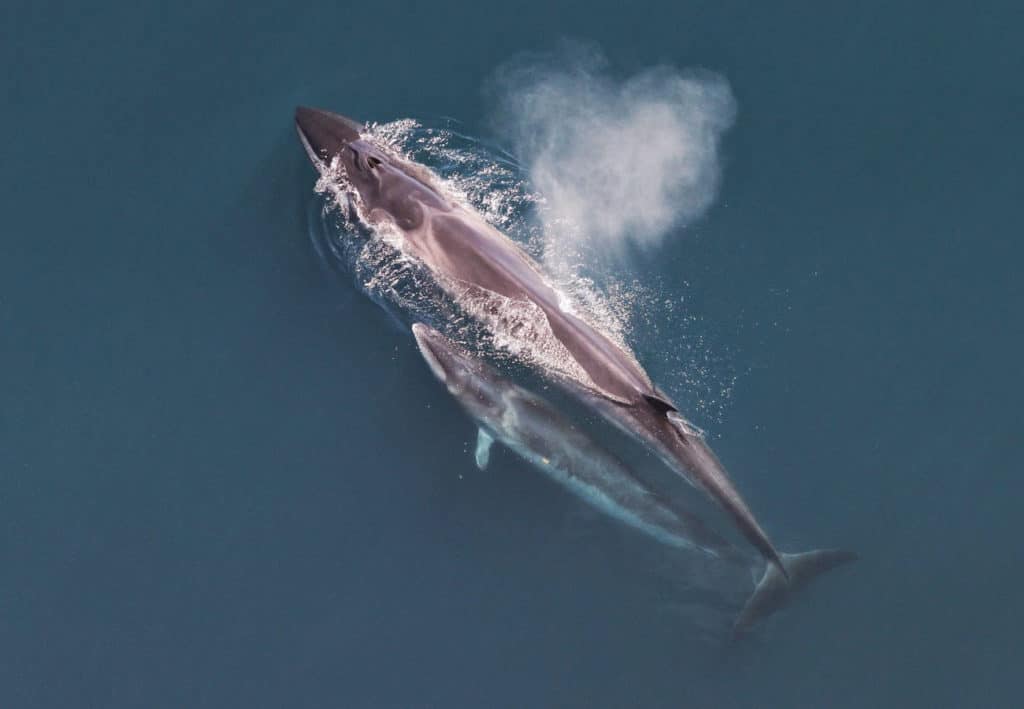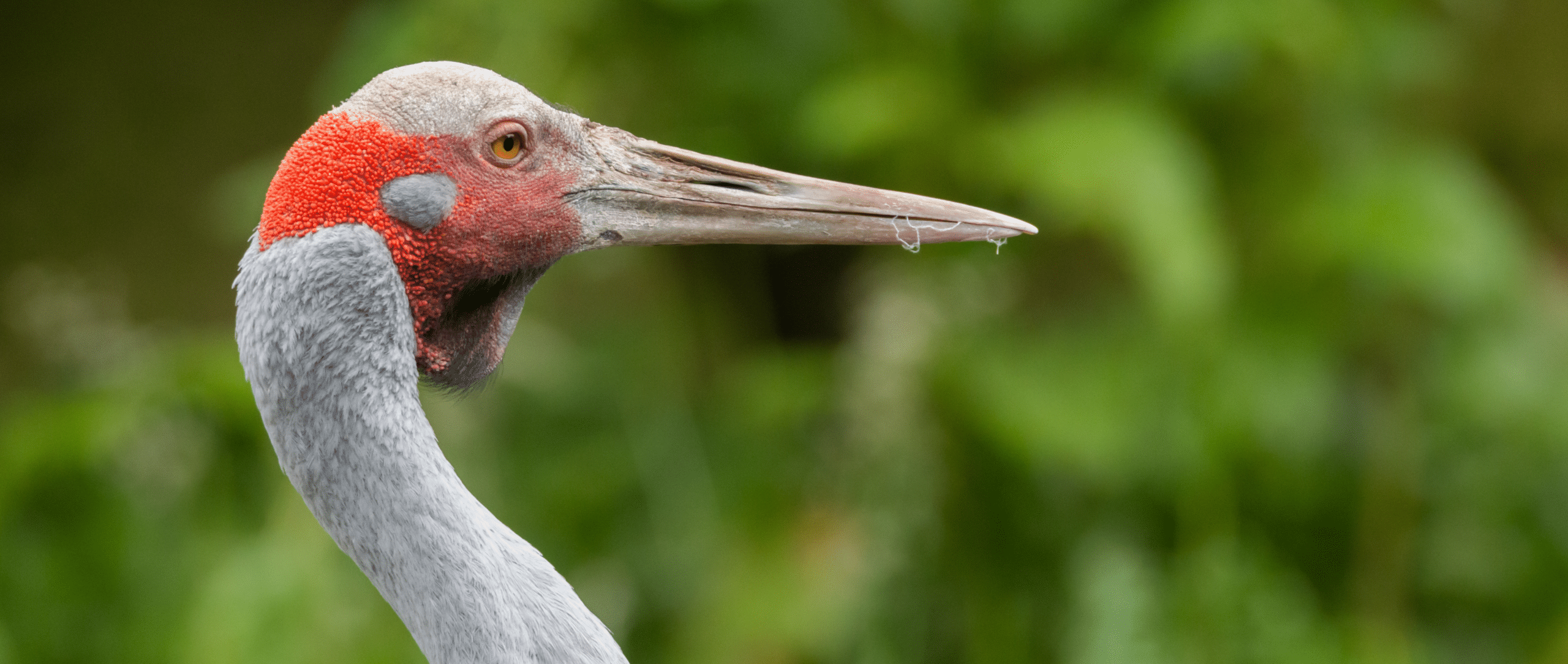SYDNEY (January 14, 2026)— Humane World for Animals Australia (previously known as Humane Society International Australia) is proud to have secured protection for two Murray Darling Basin wetland ecosystems under Australia’s new nature laws announced by Federal Environment Minister Murray Watt today. The Lower Murray, including the Coorong at the river mouth, and the Macquarie Marshes have both been listed as Critically Endangered “Threatened...
Iceland has announced it may kill more than 2,000 whales over the next five years, despite a declining market for whale meat and a growing sentiment against whaling among the Nordic country’s own citizens. Earlier this week, the Icelandic fisheries minister issued new commercial whaling quotas, authorizing whalers to take up to 209 fin whales and 217 minke whales every year through 2023.
This announcement is not just shocking to those of us concerned with animal protection but it is also counterproductive to the country’s own interests. Iceland’s economy benefits tremendously from tourism and particularly from whale watchers who trek to the country each year to see these magnificent animals in their natural habitat. I’ve been on a whale watching boat in Iceland myself and felt the thrill of seeing these majestic animals rise to the surface. There really is no feeling like it.
Iceland is taking this step despite the disapproval of many of its own citizens, and despite the fact that the market for whale meat, both in Iceland and in Japan, to which Iceland exports most of its whale meat, is declining. In fact, there is a rising sentiment against whaling in Iceland. Most Icelanders see whales as being inextricably linked with their culture and heritage. It is widely known that most Icelanders do not eat whale meat and it is primarily served in restaurants frequented by tourists.
The animals themselves cannot withstand such a brutal attack. Worldwide, fin whales, the second-largest mammals in the world after blue whales, are still recovering from historical whaling and last year alone Iceland killed 145 of them, further endangering their survival.

Iceland’s Minister of Fisheries and Agriculture Kristján Þór Júlíusson, who announced the new hunt quotas, indicated that his decision on killing whales was informed by a recent economics report and a special memo from Iceland’s Marine Research Institute. But the report, which recycled the usual tired old pro-whaling rhetoric about improving the productivity of local fisheries by killing whales, was strongly criticized within the country.
In reality, Iceland’s decision to kill more whales appears more like an attempt to retain an export market and signal continued solidarity with Japan as a sister whaling nation. Like Iceland, Japan has continued commercial whaling in defiance of an International Whaling Commission moratorium on such whaling (with Norway being the third country to do so). But Japan’s own market for whale meat is declining and it recently announced the end of its hunt in Antarctica. It seems highly unlikely then that the country would want a glut of extra imported whale meat from Iceland.
Iceland has already been the cause of too many whale deaths, taking more than 800 fin whales since 2006. Last year’s take included two rare blue whale /fin whale hybrids. In his announcement this week, Júlíusson also ominously noted that populations of other whale species, including humpback and sei whales, are expanding. These species are not currently hunted in the northern North Atlantic and the minister’s words give us additional cause for concern.
Last year, the European Union called on the then new government in Iceland not to renew the expired five-year whaling quota and Left-Green party Prime Minister Katrin Jakobsdottir, who leads the government’s ruling coalition, agreed that Iceland needed to reassess its position on whaling. But with these new plans to slaughter more whales, the country appears to have retrogressed once again. We urge Iceland to end the killing once and for all. Visitors to Iceland are far more likely to appreciate being able to enjoy watching these animals in the wild rather than having their carcasses served up to them in a plate.
Kitty Block is President of Humane Society International


